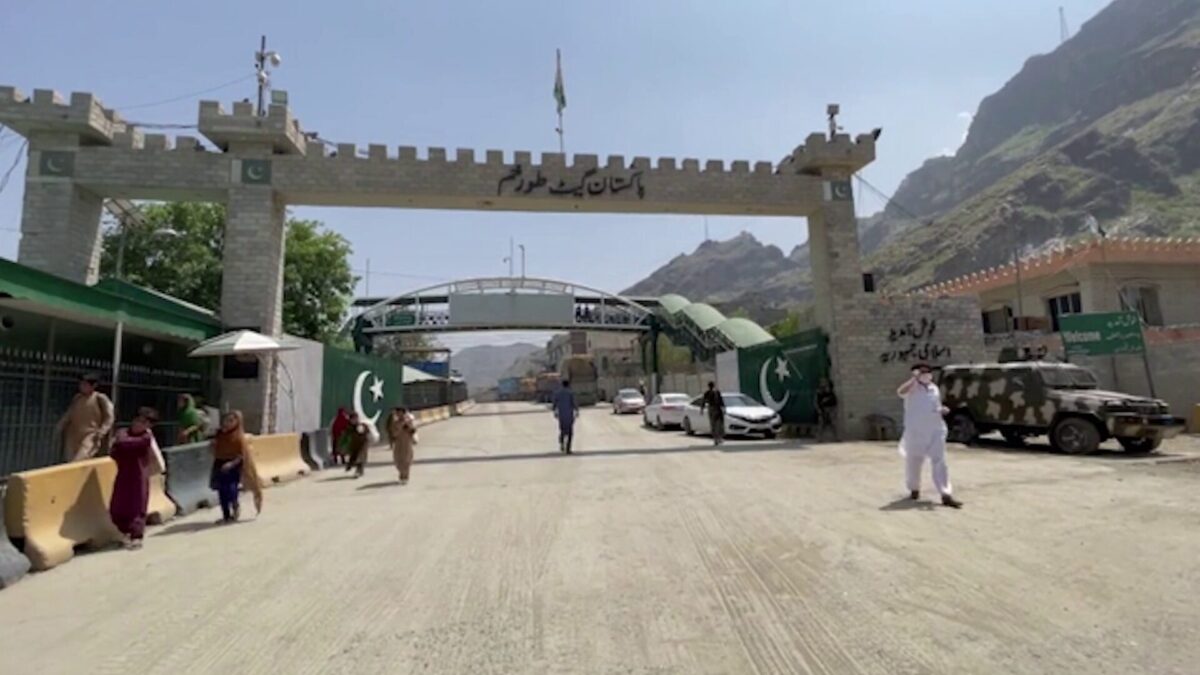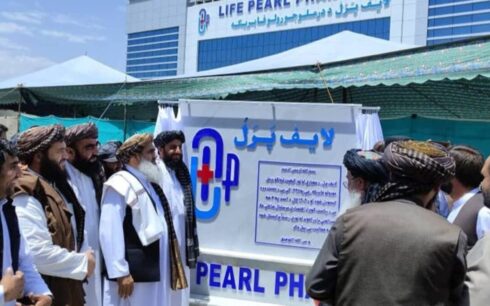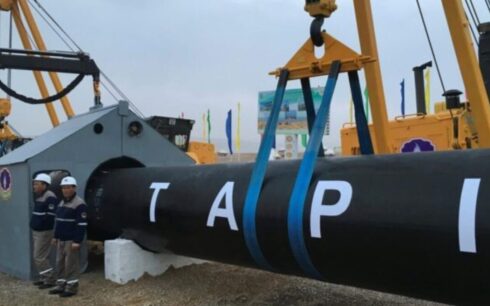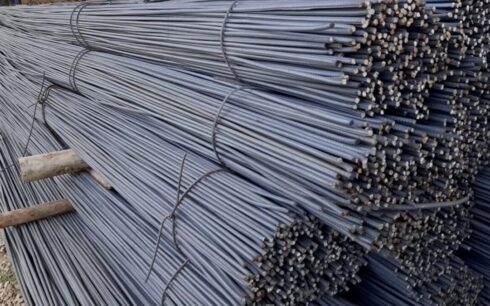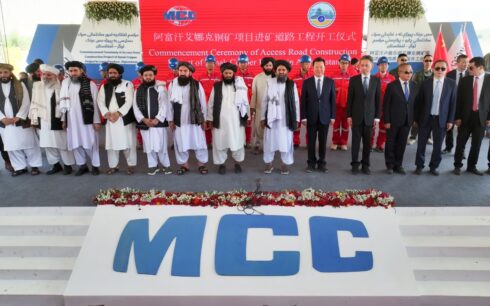KABUL, Afghanistan — The ongoing closure of the Torkham border crossing for the past two days is significantly affecting Afghanistan’s markets, particularly in Kabul.
Shopkeepers, notably fruit and vegetable vendors, report a sharp increase in prices whenever the crossing shuts down.
In Kabul, vegetable sellers noted that since yesterday, the cost of seven kilograms of Roman eggplant rose by 100 Afghanis, and other produce experienced similar hikes.
The Torkham crossing, a key transit point for goods, has been closed since Saturday morning.
The closure stems from Pakistan’s new passport and visa requirements for drivers.
Ali Sabziforosh, a local seller, said, “Since the border closure, vegetable prices have surged.”
Latif, a fruit vendor, added, “In the past two days since Pakistan’s border closure, a crate of kino cost 580 Afghanis, but now it’s 680 Afghanis. Prices of produce are definitely rising.”
The Afghanistan-Pakistan Joint Chamber of Commerce reported that 800 to 900 transit and commercial vehicles and containers are stalled on both sides due to the closure.
Syed Masoud, a university professor, commented, “This blockage aims to disrupt Afghan and Pakistani trade, ultimately harming Afghanistan’s commercial economy.”
Pakistan, particularly through its Wagha and Karachi ports, is a crucial trade and transit route for Afghanistan, with goods imported from various countries.
Businessmen suggest that Pakistan’s political tensions with the Taliban are adversely affecting Afghanistan’s transit trade, leading to losses for traders and the public.

